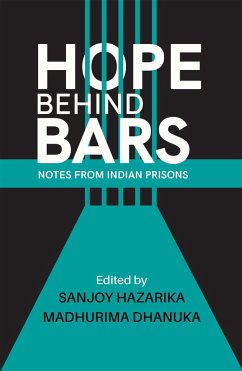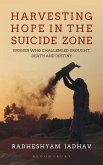For decades, the narratives around prisoners in India have perpetuated arbitrary notions of the 'good' and 'bad' citizen. Stories about Indian prisons rarely make it to public notice - from deplorable living conditions, lack of medical care and legal support to intense mistreatment, violence and all manner of horrific abuse. Despite the mounting evidence, any attempts to study the systemic frailties and chilling injustices that abound within a prison complex have been few and far between.
In Hope Behind Bars, editors Sanjoy Hazarika and Madhurima Dhanuka draw upon extensive research, identifying prisoners and ex-prisoners, their families and associates and gathering first-person experiences about the Indian prison system. With ten essays contributed by subject specialists, including a former Supreme Court judge, lawyers, inmates, prison officials and activists, on a range of issues, such as the rights of prisoners, the journey to justice in the controversial Hashimpura killings case and life in a detention centre, this essential collection brings prisoners' lives and liberties to the heart of public debate and policies, presenting accounts of how hope can flower in the most unlikely places.
Searing and thought-provoking, it provides the reader with valuable insight into the vexed idea of incarceration and delivers a necessary human document of the true face of justice behind bars in our country
Dieser Download kann aus rechtlichen Gründen nur mit Rechnungsadresse in A, B, BG, CY, CZ, D, DK, EW, E, FIN, F, GR, HR, H, IRL, I, LT, L, LR, M, NL, PL, P, R, S, SLO, SK ausgeliefert werden.









